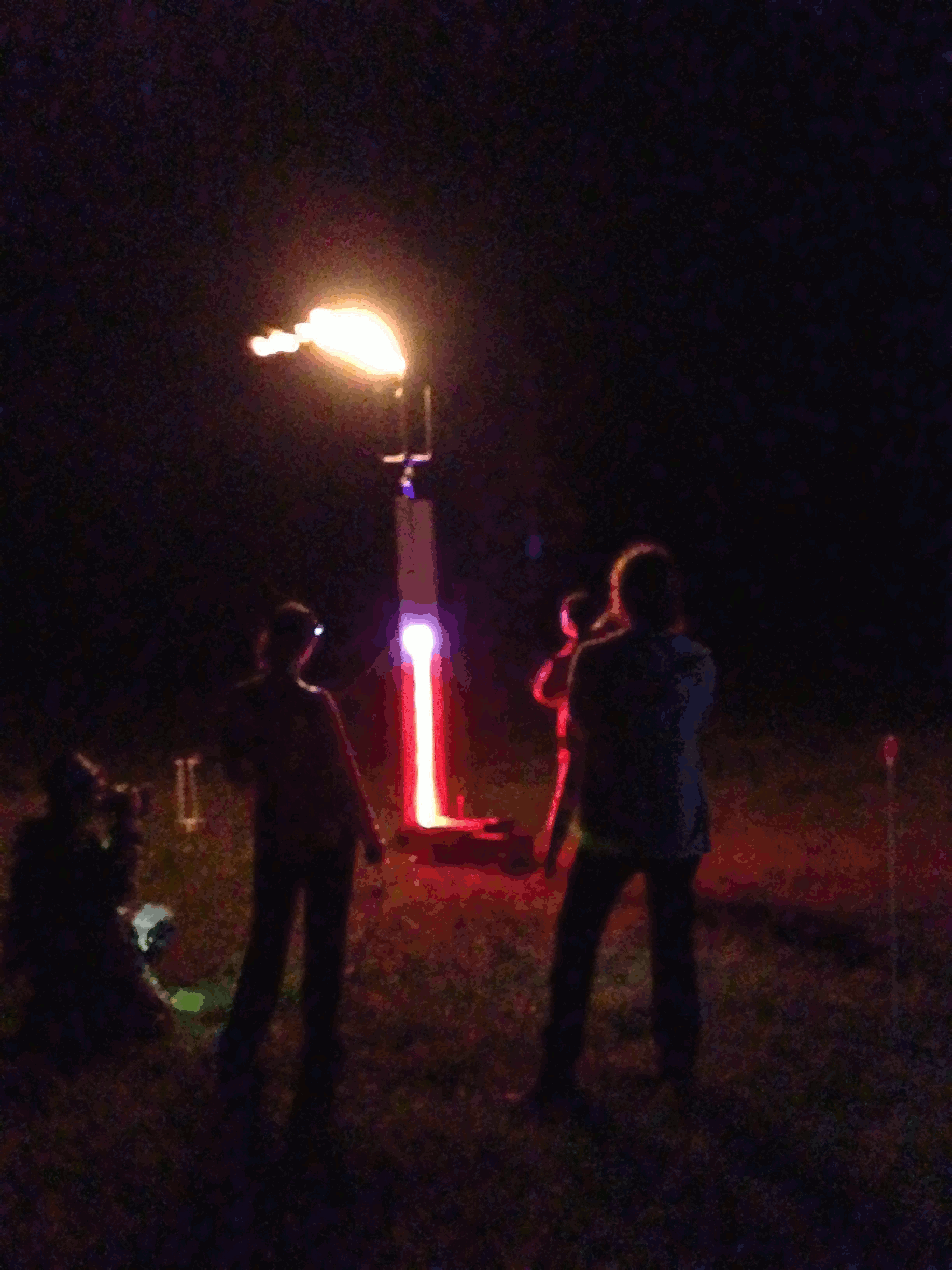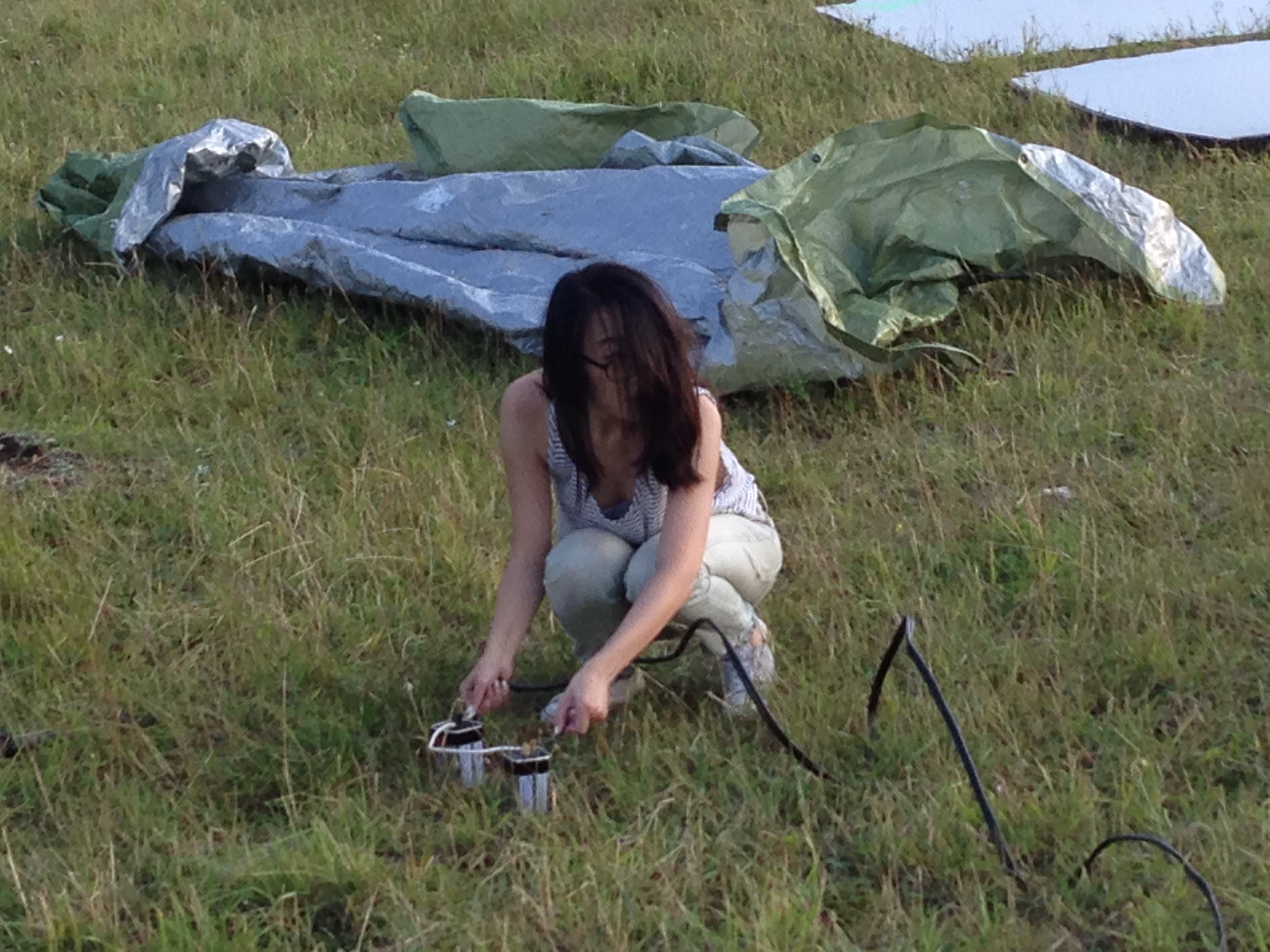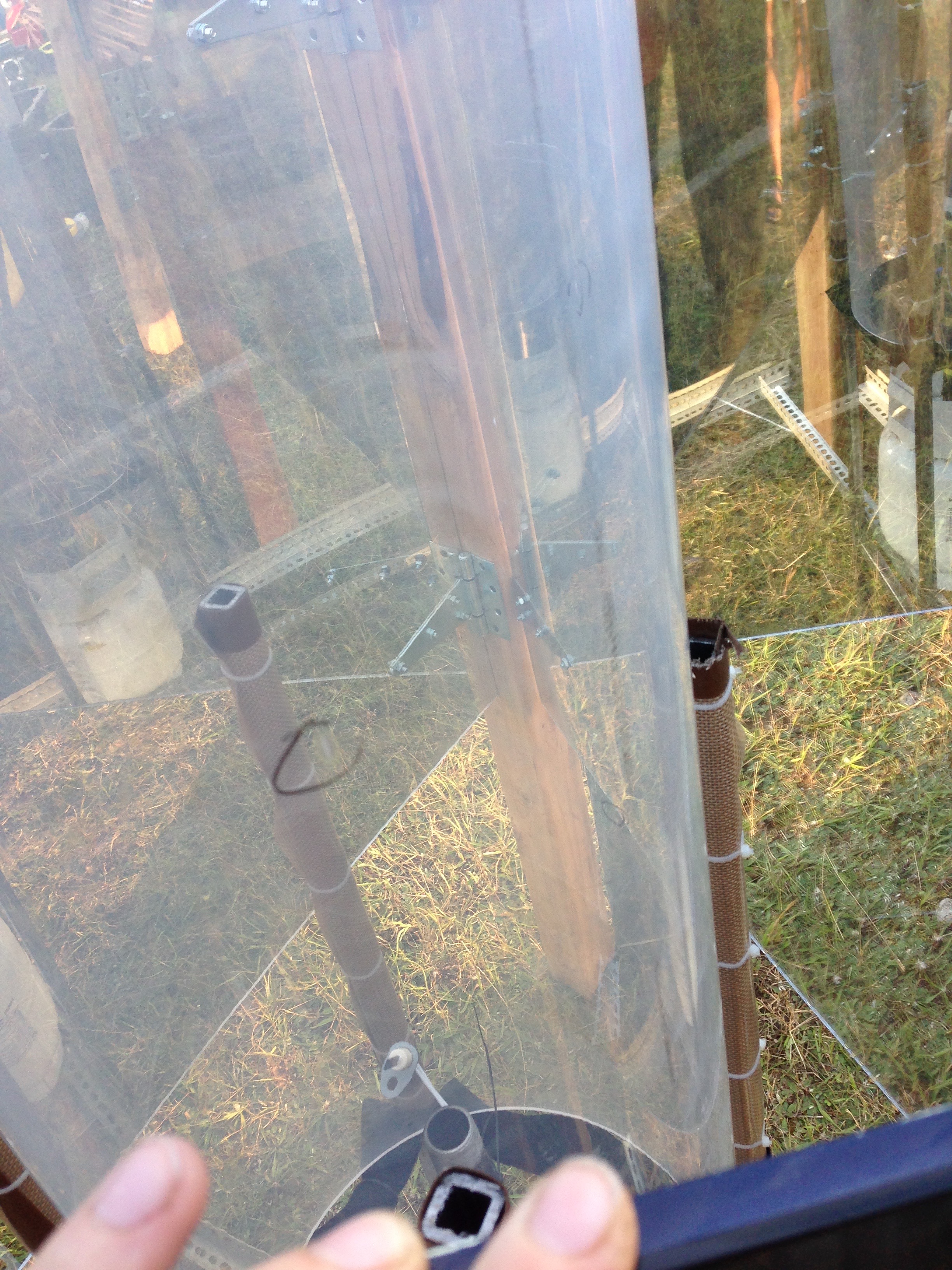It all started gradually. A few people discovered a MetaTrader Expert Advisor that worked well enough that it could be left alone to make money indefinitely. It wasn’t a lot, but it was enough to keep them in ramen.
So, they told a few of their friends about it. Then those friends told a few friends. Then some spammers got a hold of it, and started advertising it, with tag lines like “The financial robot makes money for you while you sleep” and “Give $1 to your financial robot and it will return with $100”. But oddly enough, people signed up with them, and it kept working. Soon thousands, and then millions of people were ‘roboting’.
Then something happened. People seemed happier. Even though the money the robot was bringing them was only just barely enough to live on, it gave them that extra bit of confidence and freedom. People would still go to work, but there would be a little more spring in their step, the feeling that they were working for themselves now.
Susan, a reporter for ‘The Beeker Online’ had been investigating the origins of these ‘robots’ for months, when she finally got her big break. One of the original programmers was willing to talk to her, but only in an undisclosed location, far away from prying eyes.
“Were you followed?”
“I don’t think so. I stopped and changed cars twice, like you asked, then took the subway using cash only.”
“So, what have you figured out so far?”
“Well, it seems that the ‘financial robot’ watches for a certain type of central bank action, ‘printing money’, if you will, then it skims just a little off the top for each person running the program.”
“Go on.”
“The really strange thing is that as more and more people start to use it, the central bank actions just get larger, as if to compensate, almost like they want this to happen.”
“So, what do you want to know?”
“How does this end? More and more people are taking advantage of this. Is there a tipping point we will reach? What happens when everyone is using this ‘robot’?”
The programmer laughed. “You’re really close. You don’t even need me to figure this out.”
“But what will happen? Why, how did you do this? Why has it not stopped yet?”
“I can’t tell you that. You’ll have to figure that out for yourself.”
“But there has to be some number of people where it breaks down, where it has to stop!”
“Does it? Think about what money actually is.”
And with that, the programmer was gone.















